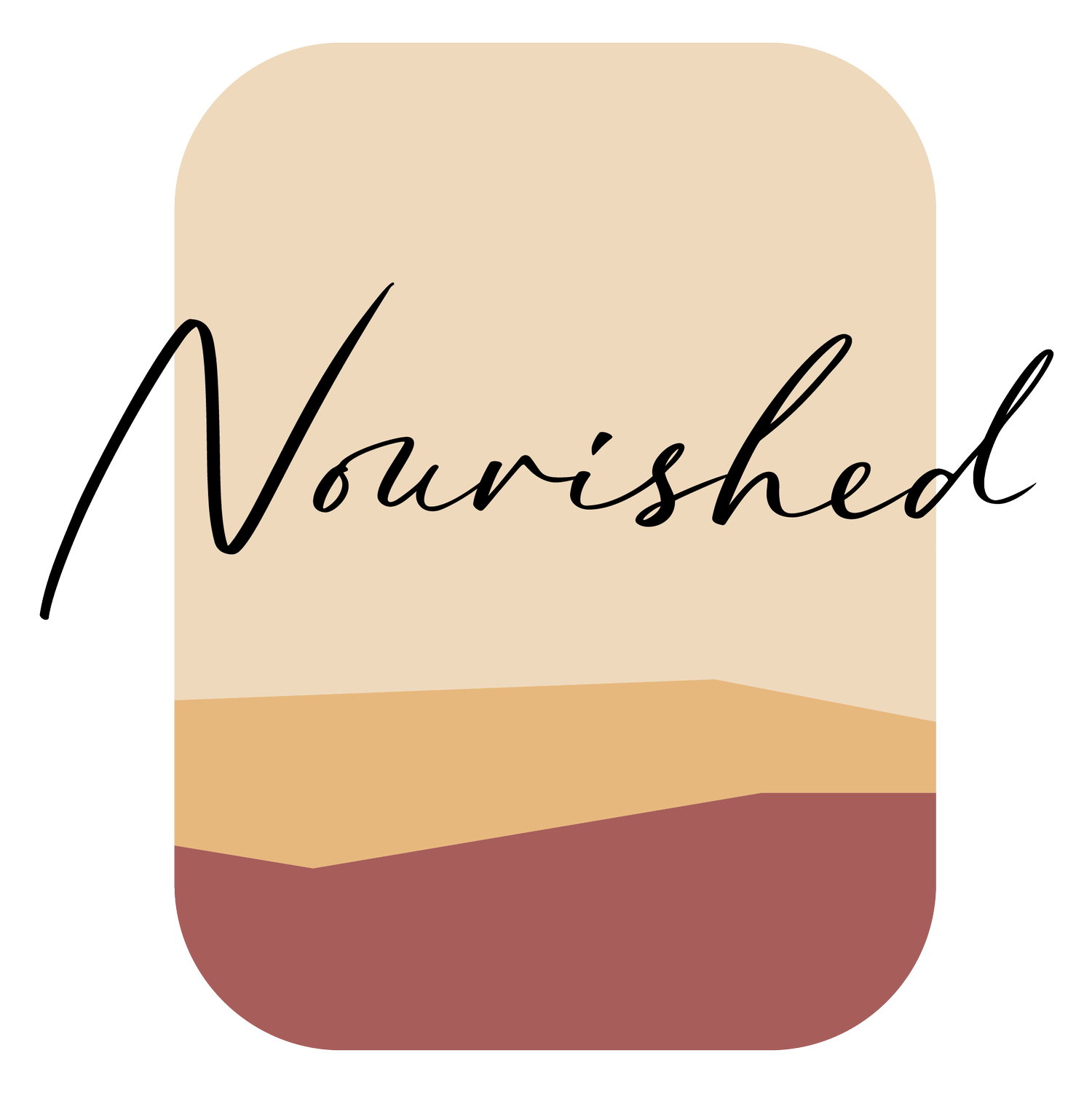Matrescence: A Movement in Motherhood
When I was about 3 weeks postpartum with my oldest daughter, I thought I was broken.
My brain was stuck in constant rumination regarding threats of safety, I smelled like a middle school locker room, and I was hyper vigilant to nearly everything around me. “What’s this?” I would think, assuming I must have been the only person to experience what felt like an all encompassing change. To Dr. Google I went, where I was met with cop out AI responses like “Motherhood is a big change. It is normal.” or “contact your doctor if you think you’re experiencing Postpartum Depression”. Am I experiencing that? Does depression make your armpits funky and more aware of your surroundings? This was 2021. Women have been having children for literal centuries and these were the best responses I could find. It seemed to be black or white: either you had Postpartum Depression or you didn’t. Instinctively I felt that what I was experiencing was on a deeper level. It hit my hormonal, emotional, and biological realms. The only thing I could think to compare it to was being a teenager: the loss of self and emotional control and feeling like you are the puppet and hormones are the puppeteer.
It wasn’t until I spent a deep dive on Google Scholar (thanks college!) that I discovered the term Matrescence. A term which, as I write this article, is underlined in angry red to remind me that it mustn’t be an actual word. In 1973, medical anthropologist Dana Rapheal coined the term Matrescence to recognize the process of becoming a mother as complex and encompassing significant psychological, physical, and emotional changes. Fitting with the time period, the term fell off and wasn’t acknowledged until 2017, when Dr. Alexandra Sacks added the concept of identity change post-birth. She described the term and transition as a restructuring of self, and likened it to the hormonal shift that occurs from pre-adolescence to adolescence. Even after Sacks’ TEDTalk, the term has spent little time in the spotlight, and only now in the past year, is starting to become more recognized. When humans birth babies, they actually birth a whole new layer of themself. When we come to understand that as the humans that birth babies, we can start to normalize some of what we are feeling, expanding our awareness of self and not being limited to the one label that exists in the postpartum period.
One seemingly small percentage but wildly affected part of birthing humans that changes after giving birth is the loss of up to 5% of grey brain matter. Grey brain matter…which is significant for learning and memory, decision making and reasoning, and information processing and integration. This change is temporary, but drastic when it happens in unison with the largest life change one will experience. This is an adaptive response (similar to intrusive thoughts), in that it wires the maternal brain to focus on infant care and attachment. Additionally, a process of neural pruning is underway, which entails streamlining the maternal brain for efficiency and tailored needs to the child. You can also see increased attunement and empathy with a shift in a rewiring of the brain’s reward system. All of this is occurring in the birthing humans brain while they are doing one or all of the following: wearing a diaper while changing diapers; sleeping less than 4 hours a night; providing another human with food from their own body; rocking a baby all day that won’t settle for anything less than them standing; making meals for themself or a spouse OR other children; maintaining a household; going to pelvic floor therapy; shall I continue? Doing one of those things by itself is work, but doing all of them in addition to a major, life-altering hormonal and chemical change is working double time.
Researchers have commented on how we have whole developmental theories, textbooks, and courses on adolescence, but we are barely able to coin a term for mothers. What would a motherhood movement look like? Enhancing preventative care, promoting education, providing more intensive postpartum support (c’mon maternity leave). Even just being able to have something as simple as a word can be an empowering step to mothers everywhere. To know the difference between Postpartum Depression and Matrescence can be one less thing that birthing humans have to worry about. Let’s give them that.


